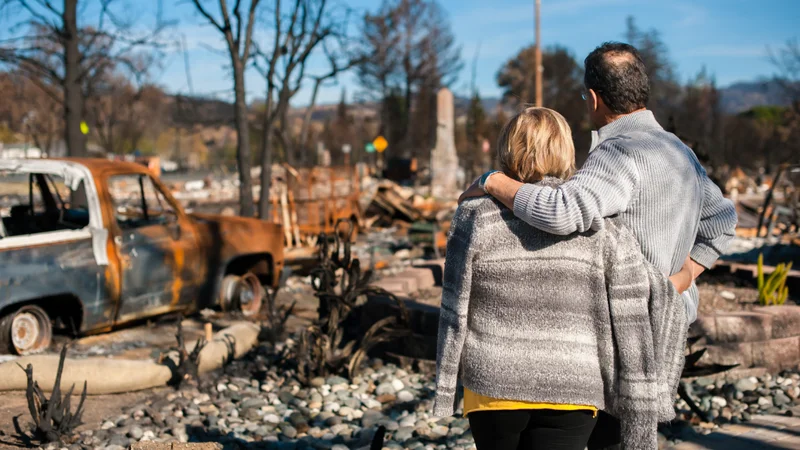Disaster: Liability and the Environmental Aftermath
BHP's Brazil Dam Disaster: A Decade of Damage Control or a Smokescreen?
The Illusion of Accountability
Ten years. A full decade has passed since the Fundao Dam, co-owned by BHP and Vale, unleashed hell on the Doce River. We’re talking about 40 million tons of toxic sludge. Nineteen lives lost. Hundreds of homes erased. And now, a UK court has ruled that BHP is liable. Finally, some semblance of justice, right?
Maybe. But let's not mistake legal liability for actual accountability. The headlines are celebrating this ruling as a watershed moment. Pogust Goodhead, the law firm representing the victims, calls it "a significant milestone for holding corporations accountable." Gelvana Rodrigues da Silva, who lost her son, says "justice has begun to be served."
These are powerful emotional statements, and completely understandable given the scale of the tragedy. But as an analyst, I’m trained to look beyond the rhetoric and at the numbers. And the numbers tell a different story.
BHP is appealing the ruling. That's data point number one. Data point number two: they're already claiming that settlements in Brazil will reduce the size of the London lawsuit by about half. (Parenthetical clarification: this is a classic legal strategy – divide and conquer.) Vale estimates an additional $500 million expense in 2025. That sounds like a lot, but let's put it in perspective. Vale's market cap is around $60 billion. This is a rounding error.
What truly matters is if this ruling changes anything on the ground. The article mentions a £20 billion compensation settlement reached in October 2024 to fund social and environmental repairs. But indigenous leader Shirley Djukurna Krenak calls the COP30 summit, held in Brazil, "greenwashing" and full of "false promises." She argues that it's removed from the realities faced by indigenous peoples.
I've looked at hundreds of these corporate releases related to environmental disasters, and there's always a disconnect between the promised reparations and the lived reality.

The Compounding Disaster Trap
It's not just about this one disaster, either. The Sky News article doesn’t mention this, but the disaster in Brazil happened in 2015. We're approaching 2026. That's a long time for "repairs" to be ongoing.
The article about Hurricane Melissa offers a far more useful framework for understanding the situation: the "compounding disaster trap." The Caribbean, the author argues, isn't just recovering from disasters; it's living within a system of overlapping recoveries. Each new attempt at rebuilding happens on the unstable foundations left by the last disaster.
Is Brazil any different? The Doce River is still contaminated with heavy metals. Reconstruction and reparations have dragged on for a decade. How much of that £20 billion has actually reached the people who need it most?
This is where the data gets murky. Details on the allocation and disbursement of those funds are surprisingly scarce. (I've tried digging through Vale and BHP's financial reports, but the specifics are buried deep within legalese.)
The problem, as the Hurricane Melissa article points out, is that "recovery models are broken." They apply one-size-fits-all solutions to crises unfolding across multiple layers of society.
What happens when the next mining disaster occurs before the Doce River is fully restored? And the one after that? Will BHP be held liable then, too? Or will they simply point to the £20 billion settlement and claim they've already done their part?
"Justice" Delayed Is Justice Denied
The UK court ruling is a step in the right direction. But it's not a finish line. It's a starting point for a much longer, more difficult race. A race against corporate lawyers, bureaucratic inertia, and the ever-present threat of the next environmental catastrophe. The victims deserve more than just legal victories. They deserve clean water, safe homes, and a future free from the toxic legacy of the Fundao Dam. The question is: will they actually get it?
